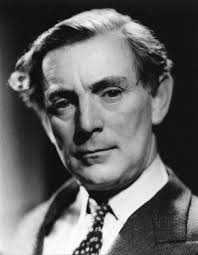"The study of the past with one eye, so to speak, upon the present is the source of all sins and sophistries in history."
Herbert Butterfield (1900–1979) was a British historian of science and religion who is probably best remembered for his essay The Whig Interpretation of History (1931). In it he made several important and closely related points about historical writing, which possess something like canonical authority within the Anglo-American profession.
According to Butterfield, throughout the nineteenth century most historical writing, at least in Britain, had been done by protestant, liberal, upper class, and, needless to say, white male scholars, such as Thomas B. Macaulay, George M. Trevelyan, Henry Thomas Buckle, and so on—the eponymous “Whig historians.” They tended to write history as if it were a grand symphony, conducted by providence or some other mysterious agency, which had been building up all along to the magnificent crescendo of the present. When they looked to the past, what they saw in it was people like themselves, “the friends of progress,” heroically struggling against people unlike themselves, its “enemies.” But this view misunderstood the past, for, although it had indeed produced the present, it had not done so through a straightforward process whereby “the children of light” triumphed over “the children of darkness.”
Rather, it was the whole of the past that had produced the whole of the present...
Continued:
http://
Part of a Series on Philosophy of History

No comments:
Post a Comment